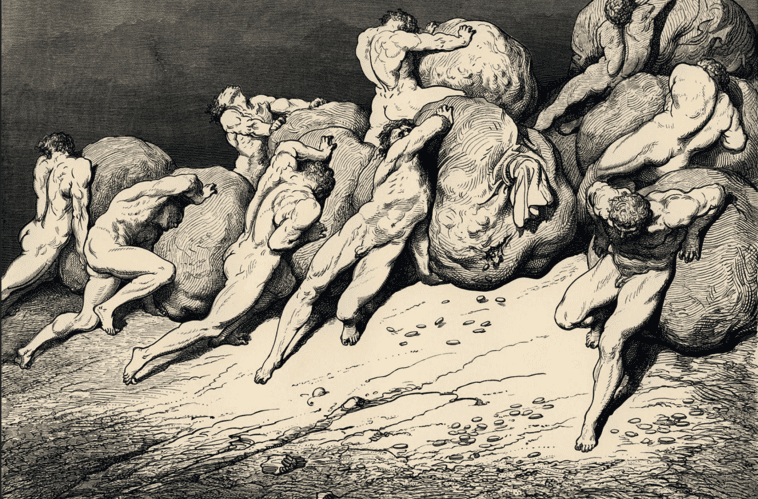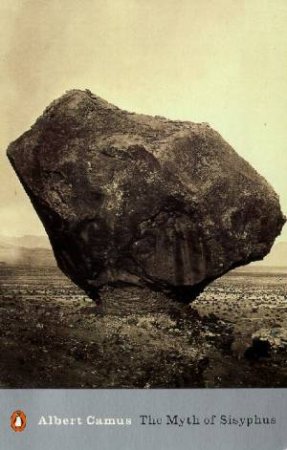

17 # Crime and Punishment: Three Versions of Sisyphus 16 But in other traditions, Medea made Sisyphus king of Corinth after she killed the city’s royal family.

15 He was sometimes said to have actually founded the city. Sisyphus was usually described as the king of Ephyra (the original name of Corinth). 13 Finally, there were apparently traditions in which Sisyphus was a lover of Medea. 12Īccording to some traditions, Sisyphus also seduced Anticlea and thus became the father of Odysseus, one of the most famous heroes of the Trojan War (though in most sources Odysseus was the son of Laertes). But they had other children too: Pausanias lists them as Ornytion, Thersander, and Almus, 11 while a commentator on Apollonius of Rhodes’ Argonautica adds Sinon and Porphyrion. Their most famous child was Glaucus, who became the father (or foster father) of the hero Bellerophon. Sisyphus married Merope, one of the daughters of the Titan Atlas. In some traditions, however, Sisyphus’ siblings shared their names with Greek cities and towns, including Mimas, 8 Tanagra, 9 and Arne 10-which, according to local myths, had been named after them. 7 His sisters included Canace, Alcyone, Pisidice, Calyce, and Perimede. His brothers included Cretheus, Athamas, Salmoneus, and Perieres, 6 as well as Deion and Magnes (in some sources). Sisyphus was the son of Aeolus, an early king of Thessaly, and his queen Enarete. In ancient art, Sisyphus was most commonly represented with his stone in Tartarus. In the end, his most famous attribute was not an aspect of his personality at all but rather the punishment for which he will always be remembered: the huge stone that he was forced to roll up a hill in Tartarus for all eternity. In the Iliad, he is described as the “craftiest of men,” 3 while the poet Pindar wrote that he was “like a god…very shrewd in his devising.” 4īut Sisyphus also had a tendency to overstep his mortal bounds and offend the gods, which caused him no end of trouble. Sisyphus’ chief personal attribute was his cunning.

But Sisyphus’ most common epithets evoked his craftiness through such Greek words as kerdiōn and aiolomētēs (meaning simply “crafty”). He was sometimes referred to as “Aeolides,” meaning “son of Aeolus”-a reference to his father, the Thessalian king Aeolus. Sisyphus only appears occasionally in surviving ancient literature and therefore only has a few epithets. 1 More recently, other scholars have suggested some connection with the Greek word sophos, meaning “clever” or “wise.” 2 # Pronunciation In 1906, German scholar Otto Gruppe suggested that it was derived from the Greek word sisys, meaning “goatskin”-a reference, supposedly, to a rain-charm that employed goatskins. The etymology of the name “Sisyphus” (Greek Σίσυφος, translit. Sisyphus was thus forced to endlessly repeat the same grueling task for all eternity. For acting against the will of the gods, Sisyphus received a terrible punishment in the afterlife: he was sent to Tartarus, roughly the Greek equivalent of hell, where he was forced to roll a giant boulder up a hill, only for it to roll back down once he reached the top. In the most common version of the myth, Sisyphus managed to cheat Death and thereby extend his life (the details of how he accomplished this vary across different sources).Įventually, however, Sisyphus did die. He was famously cunning, but unfortunately also deceitful and impious. Sisyphus was a Greek king usually associated with Corinth. In some traditions, Merope helped Sisyphus in his ill-fated scheme to cheat Death. Sisyphus was said to have married Merope, a daughter of Atlas.


 0 kommentar(er)
0 kommentar(er)
